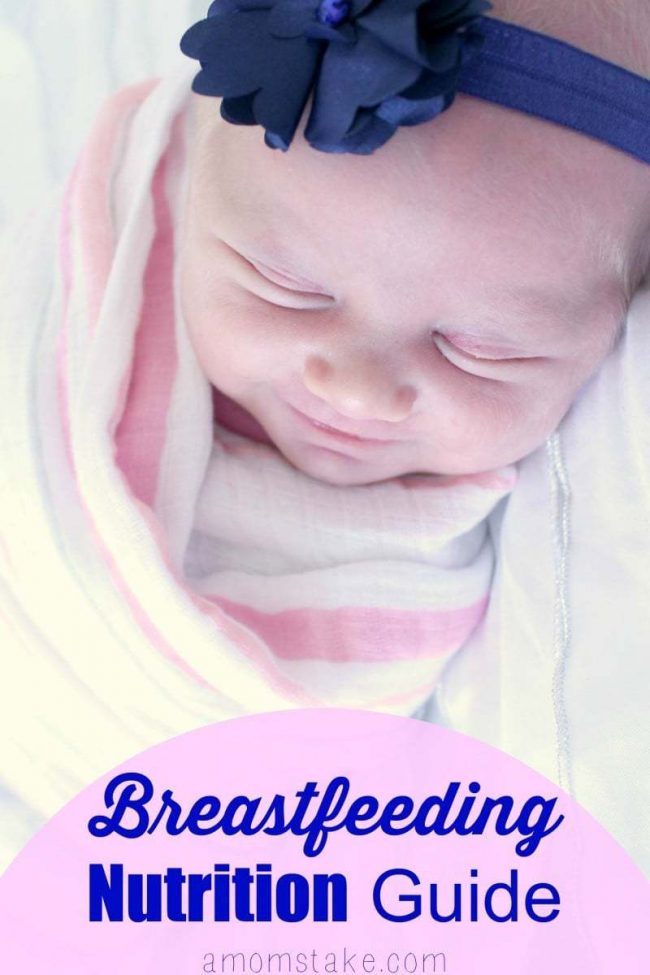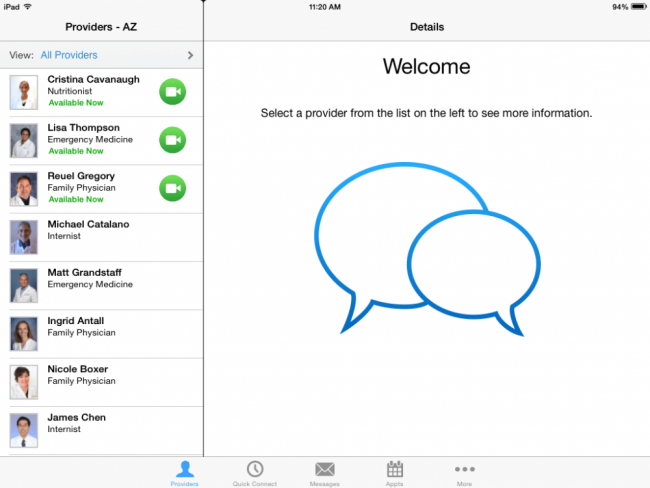A few weeks ago, I had the blessing of welcoming a beautiful baby girl into this world. Although being a mother is one of the greatest callings on this earth, life with a newborn can bring many challenges. One of those challenges that I’m currently dealing with is breastfeeding. Although my daughter is a great eater, she becomes pretty colicky after feedings.
There’s nothing more heart-wrenching than listening to her inconsolable cries knowing that my diet is to blame. Thankfully, I had the chance to video chat with a nutritionist about my breastfeeding concerns. Not only was she able to recommend foods to eliminate, but also provided some awesome breastfeeding nutrition information.
Samples and compensation were received for this post. All opinions are my own.
Breastfeeding Nutrition Guide

Know where to start: If you find that your baby is experiencing discomfort after breastfeeding, you may want to consider changing your diet. The first step in changing your diet is knowing where you stand. Chatting with Amwell’s board certified Nutritionist, she recommended keeping a daily food journal. Keep track of what you eat, when you eat, when you breastfeed, and when the baby experiences discomfort. Use this food journal as a guide to try and pinpoint what foods may be causing your baby discomfort.
Foods to eliminate: Because nutrients are passed from mother to baby in breast milk, you may want to avoid these foods (which may cause your baby GI discomfort): Dairy (milk, cheese, yogurt), green leafy vegetables, chocolate, spices (garlic), broccoli, citrus fruits, grains, soda, and peanuts.
Recommended foods: While breastfeeding, it is important to have a well balanced diet with adequate servings of fruits, veggies, lean protein, whole grains, and legumes. Try to include carbohydrates, protein and fat in each meal.
How to boost milk supply: In order to produce enough breast milk, it’s important that you consume enough calories in your diet. Speaking with Amwell’s Nutritionist, she explained that breast milk production isn’t necessarily related to the foods you eat, but rather the calories consumed. It’s important to make sure that you’re eating an additional 400-500 calories each day in order to boost/maintain your milk supply.
Amwell allows you to virtually connect over video (in under 3 minutes) with board certified Doctors, Therapists, and Nutritionists. Chatting with a Nutritionist via Amwell has been a HUGE help in dealing with my breastfeeding concerns. All I had to do was download the Amwell app to my iPad, fill in some patient information, and then I was able to choose a health care provider in my area.

As a mother, Amwell is something that I can truly appreciate. Not having to leave the comfort of my own home to chat face to face with a healthcare provider really comes in handy with sick family members. Not only does Amwell save time, but at only $49 a visit, Amwell helps save you money!

Leela
Tuesday 31st of March 2015
I would take a drink and eat a snack every time I nursed. That was really important, especially with twins.
Kelly
Tuesday 31st of March 2015
Congratulations! I had such trouble breastfeeding my kids. It would have been nice to have someone a phone call away to help.
Chelley @ AisForAdelaide
Tuesday 31st of March 2015
Food issues are oddly rare, to be honest, so cutting out foods for no reason isn't important... And garlic does boost milk production. I'm a total lactivist, but I think this site and I disagree on a lot of things. It is awesome to see a site giving out info! Go #breastfeeding!
Amy Desrosiers
Tuesday 31st of March 2015
Thanks for the coupon code! I know someone who could use it!
Nancy @ Whispered Inspirations
Tuesday 31st of March 2015
These are great tips! Thanks for the great resource, I'll pass it on to my bf'ing mamas!